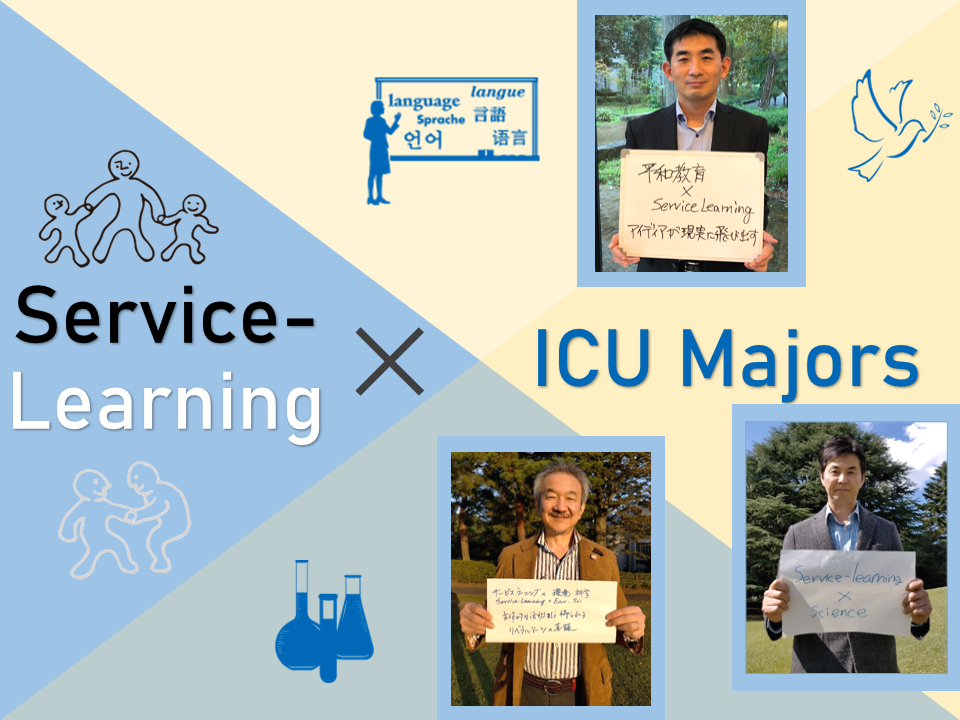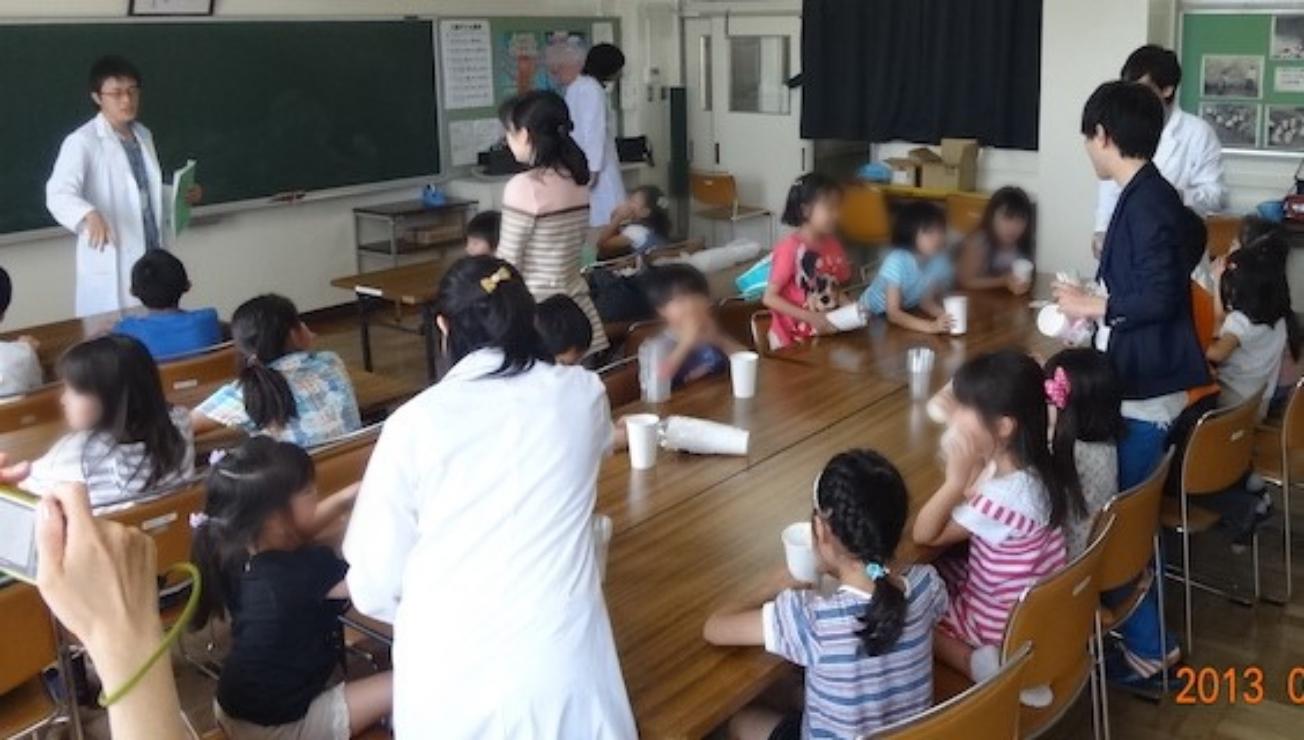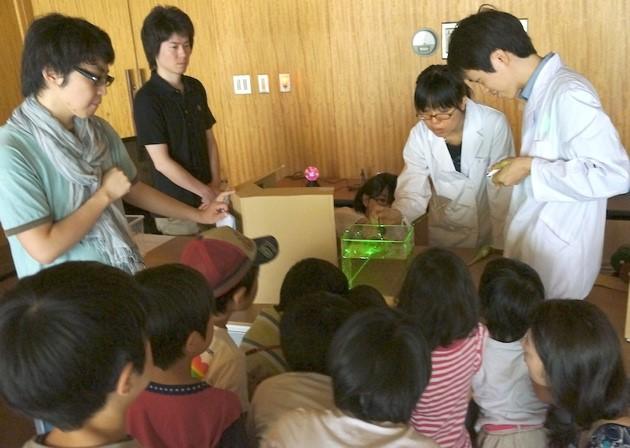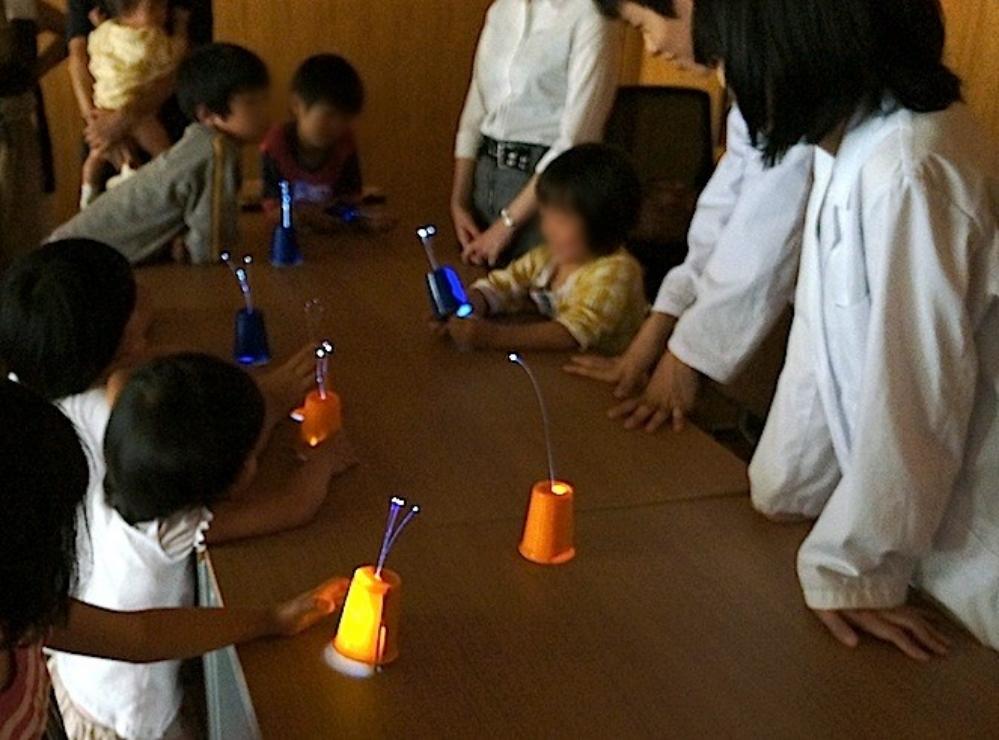Oct. 23, 2020
Faculty-led Service-Learning Courses Begin in 2021

The Faculty-led Service-Learning courses have been scheduled to begin in 2021. In this course, ICU faculty will arrange service activities related to their own disciplines. Students will learn service-learning (SL) in a more discipline-specific manner while receiving expert guidance from faculty. The Community (domestic) SL programs are available for 30 days throughout the year (timing of activities depends on the program), and the International SL programs are available for 30 days during summer sucess (July-August) or spring recess (March). During 30 days, faculty members will accompany students for a certain period of time to provide reflection guidance and other activity sessions.
Since this is a faculty-proposed program, it is expected that a variety of programs will be offered each year. Information about programs will be announced around Autumn and Winter terms of the previous year at information sessions and by university announcements.
ICU offers a total of 31 majors, including Humanities, Economics and Business, History, Politics and International Relations, Social, Cultural and Media, Natural Sciences, Education and Language Education, Psychology and Linguistics, and Multidisciplinary Majors (reference). This faculty-led courses are expected to further deepen the relevance of the various majors to service-learning and to help students engage in service activities in a more specialized manner, applying their learnings at ICU.
Courses offered in 2021
SLR304|Spring Term...Planning and Implementation of Children's Science Classes (Professor Hideki Okamura and Professor Tatsuo Nunoshiba)



Students will plan and conduct science classes multiple times at nearby elementary and middle schools. We will have weekly meetings during the spring term to prepare for the classes. At each class we will conduct a survey of participants and their parents and review the results.
While contributing to the community by providing a fun educational opportunity for local children, students reflect on the purpose of science education, experience interacting with children, gain practical educational experience, and learn first-hand how schools and the local community work together to educate children. For the children, it will be an opportunity to learn about science and the significance of learning science from the faculty and students.
SLR304|Spring Term…Development of an Experiential Learning Program for Peace Education in the Age of Lost War Remains (Professor Hiroyuki Aoki)
Students will create materials and programs for children's experiential learning in peace education. This program consists of service to professional organizations (TBD: potential hosts in Nagasaki or Kyoto) for skills acquisition and content review prior to development, and implementation of the learning programs developed after development (in educational institutions, museums, events, etc.).
Today's children, for whom war is a distant memory, need experiential learning in order to develop their ability to see peace as their own issue. In this program, we will work on developing materials and programs for experiential learning of peace educationat the host institution, the research organization on peace studies and development of the Peace Museum exhibition. Seventy-five years after the war, the number of people who have experienced war is dwindling and war relics are being burned down, so the use of advanced media for experiential learning is expected, and solving this problem has academic significance. The developed experiential learning program is expected to be put into practice in museums and schools.

